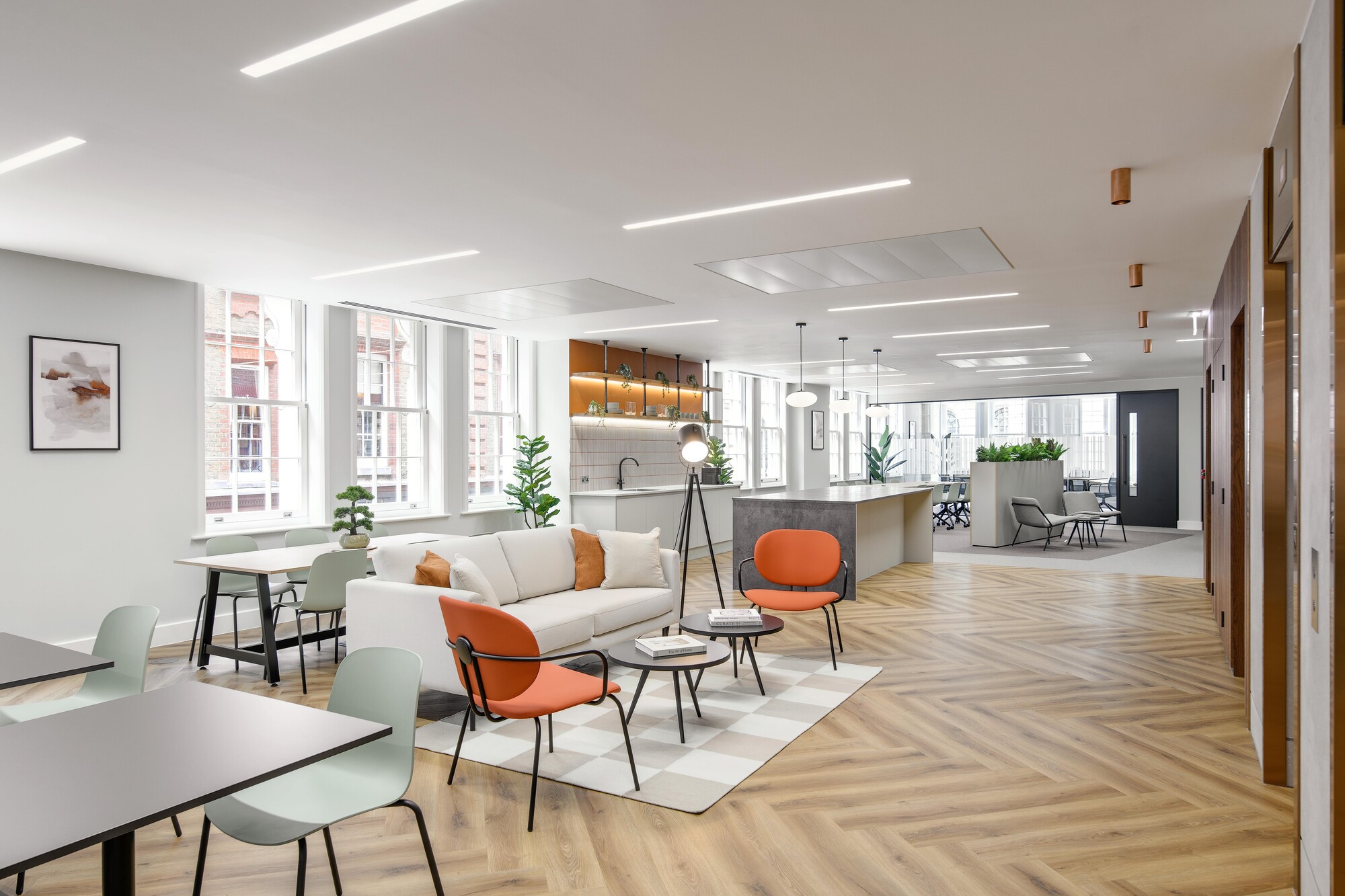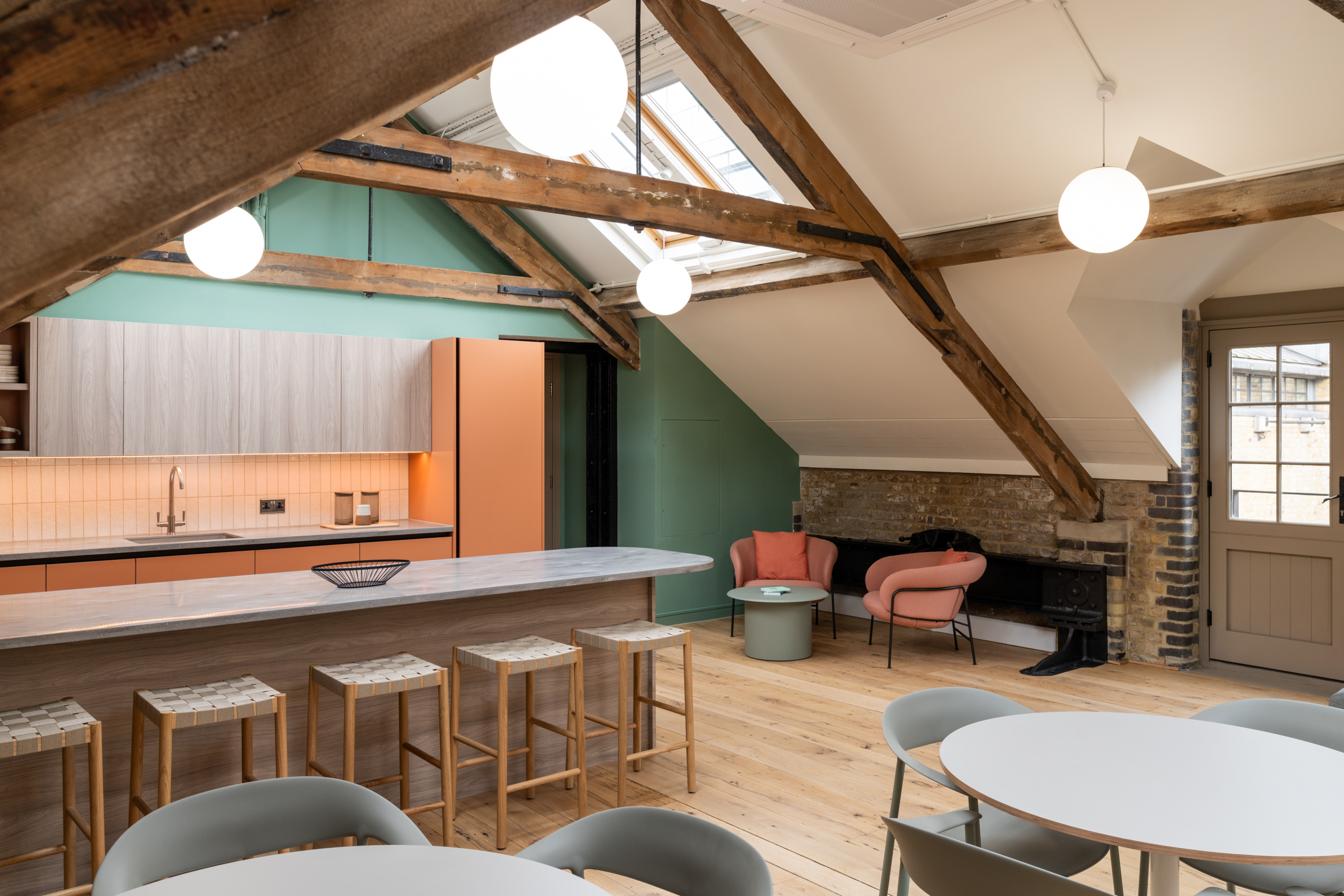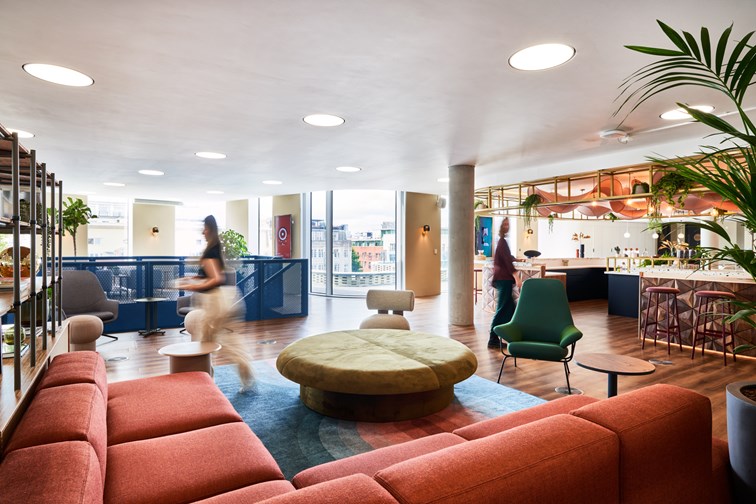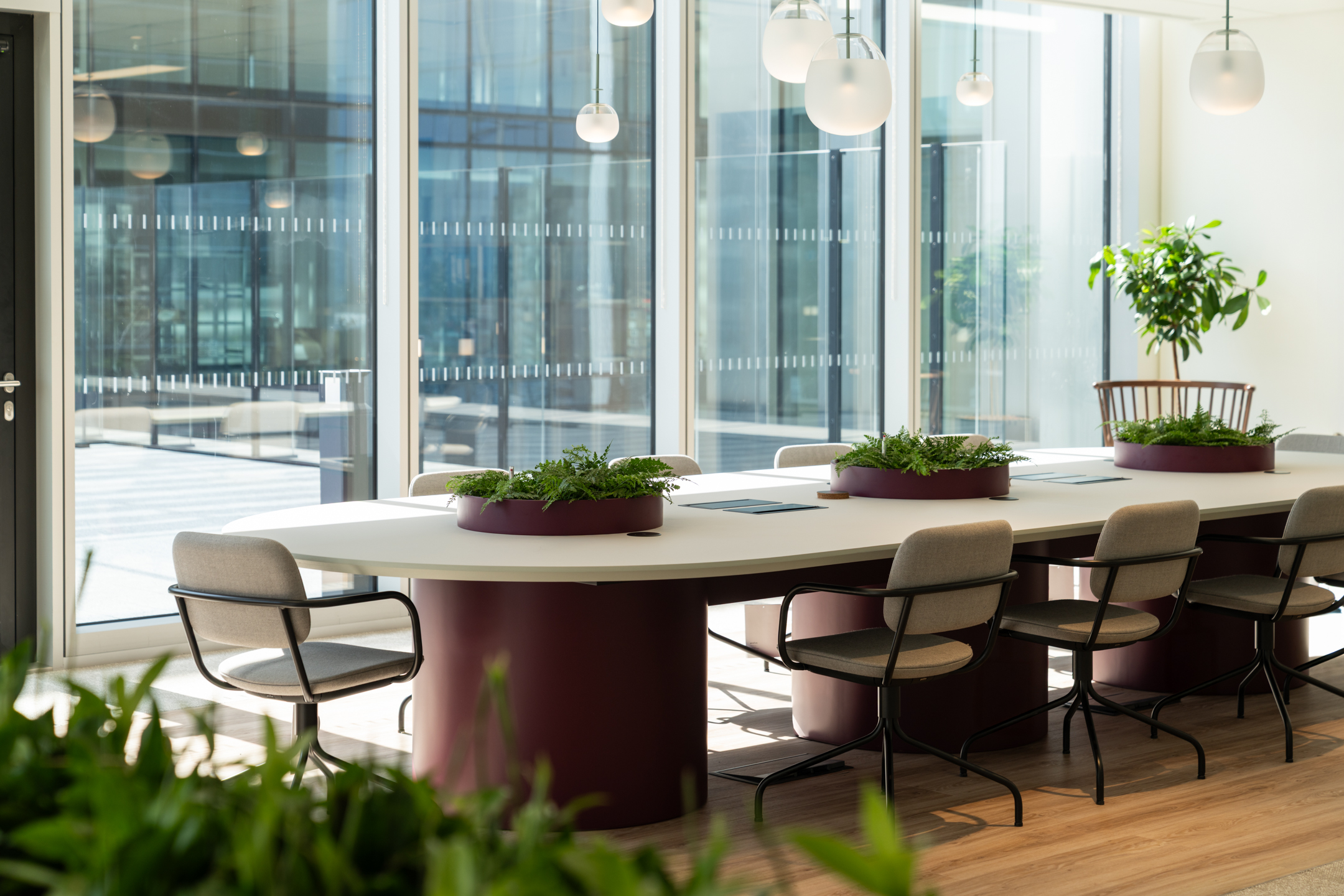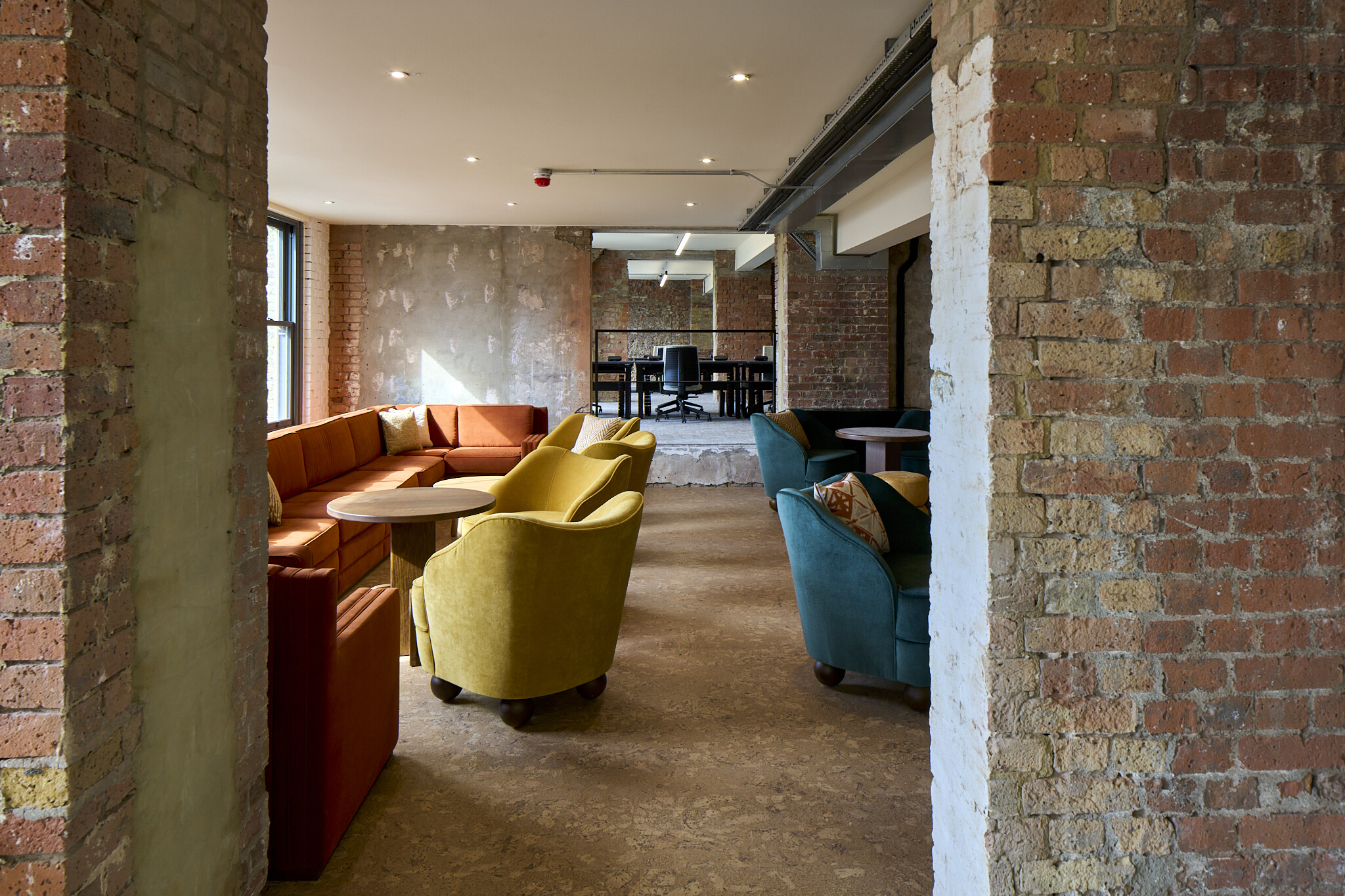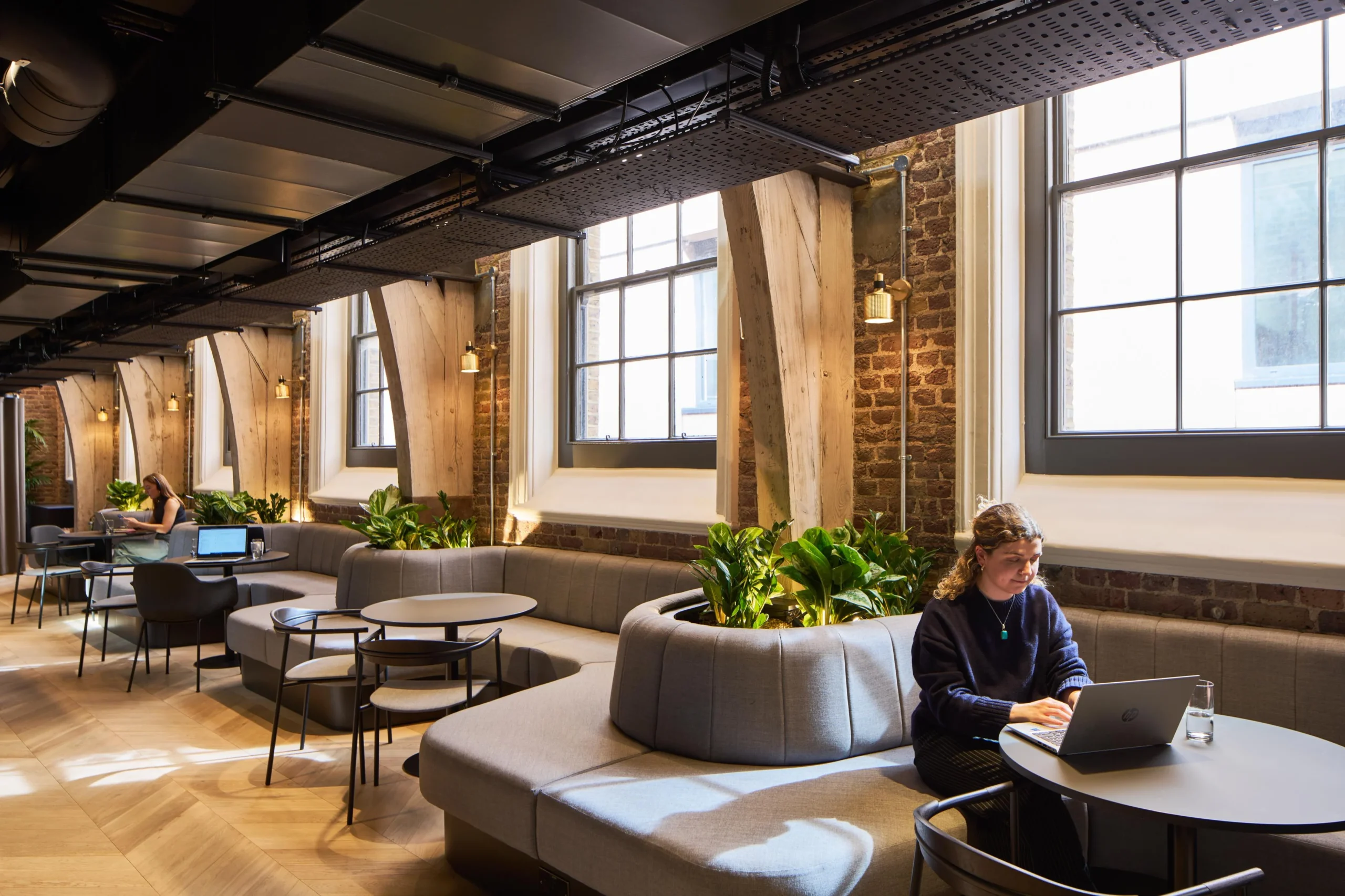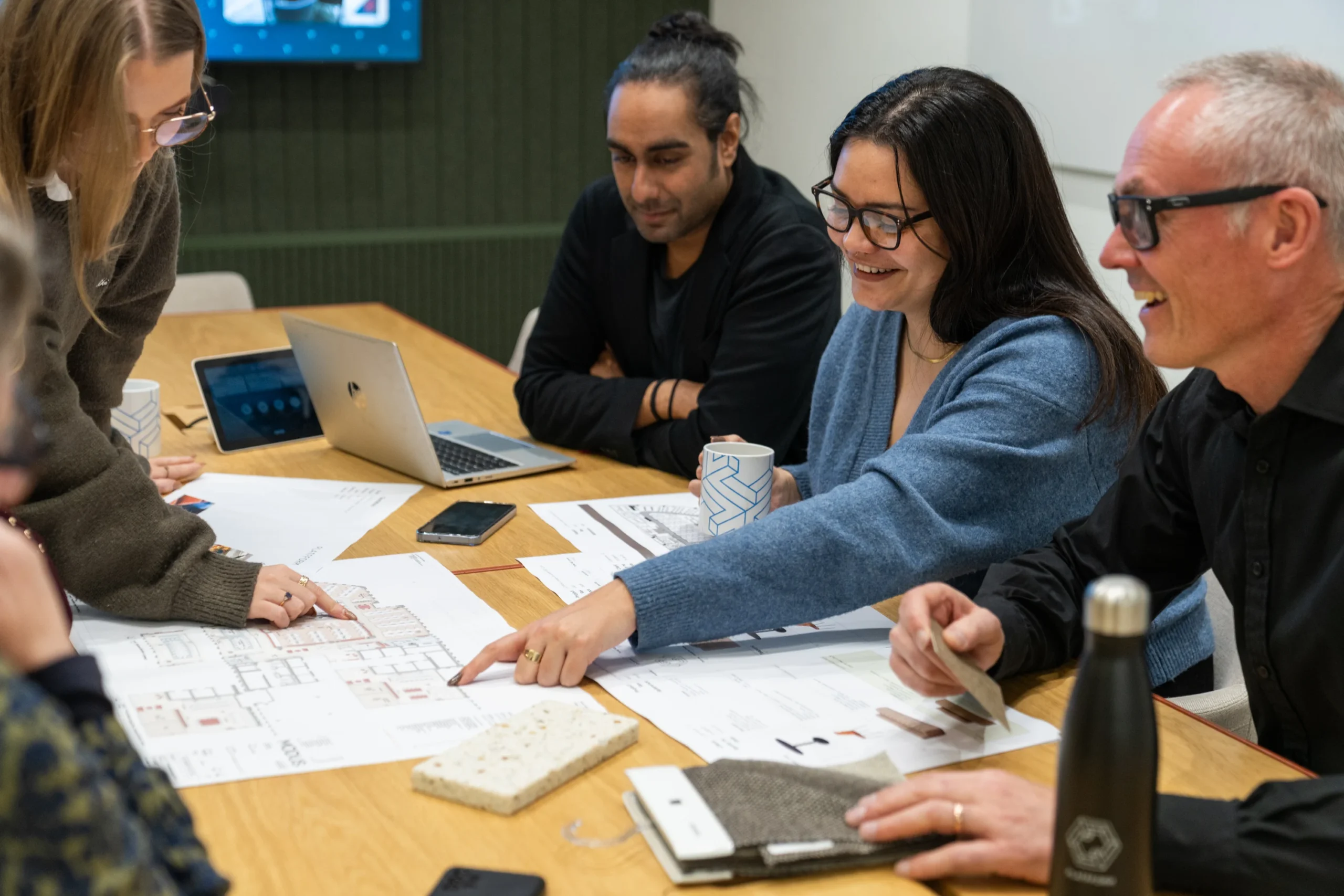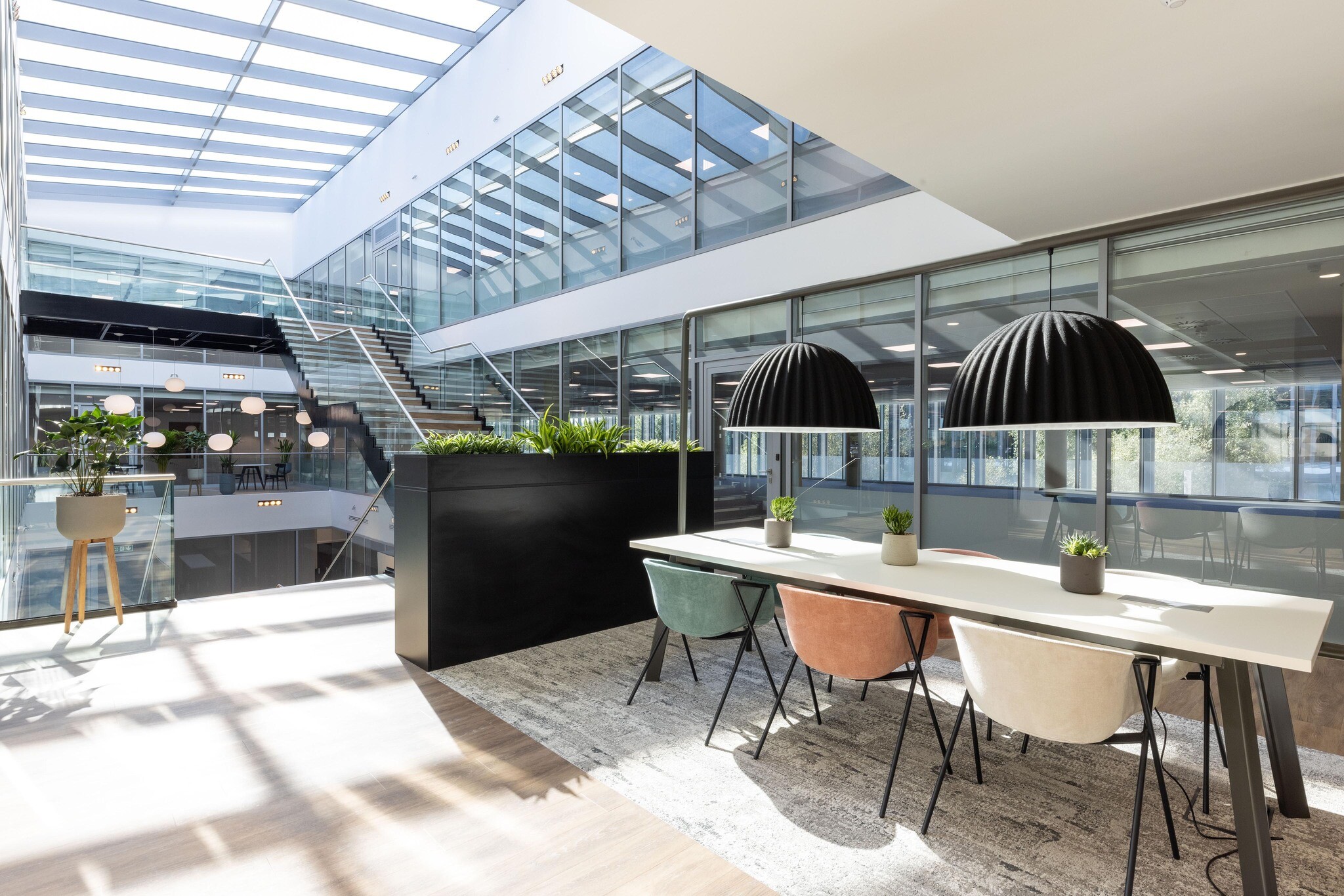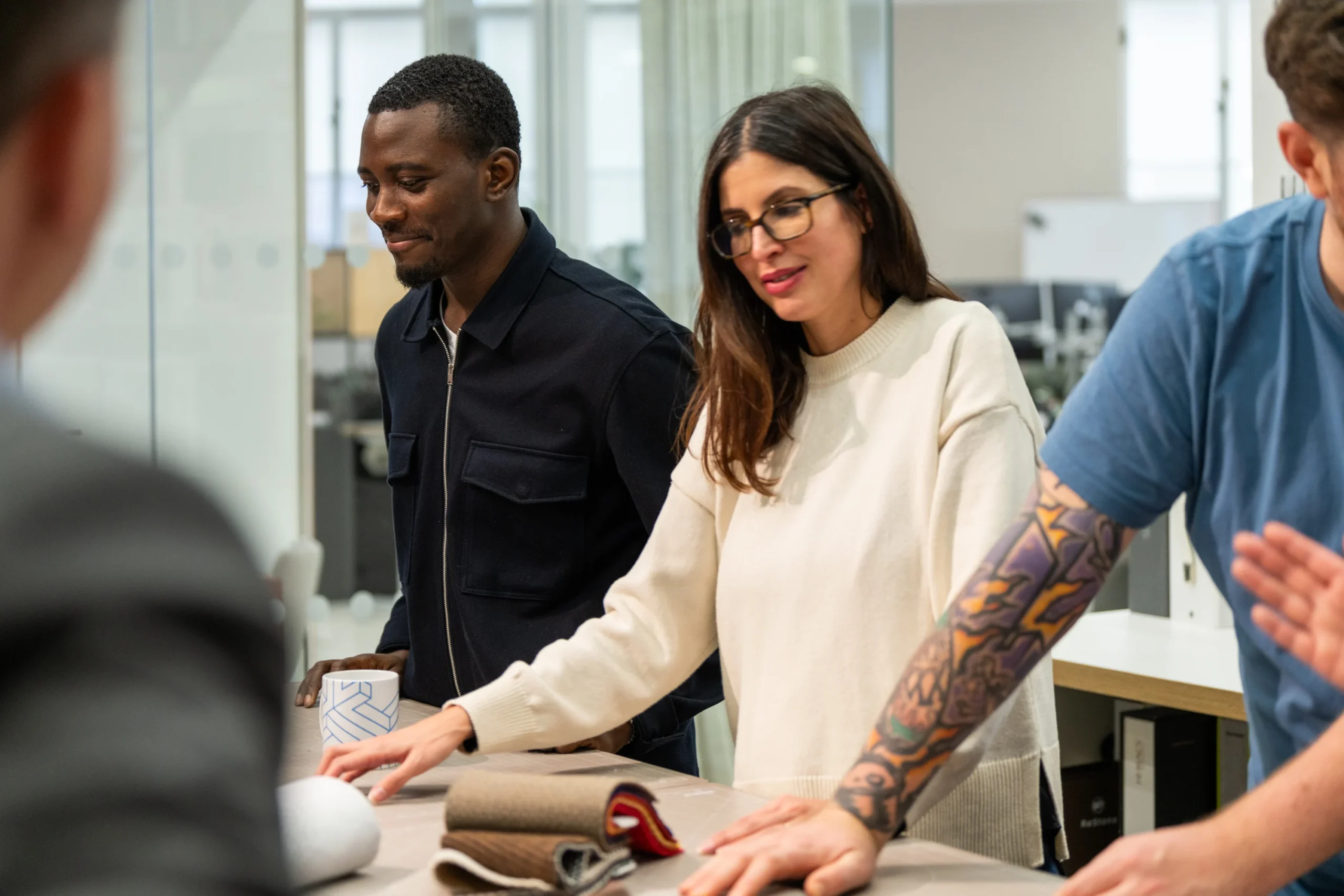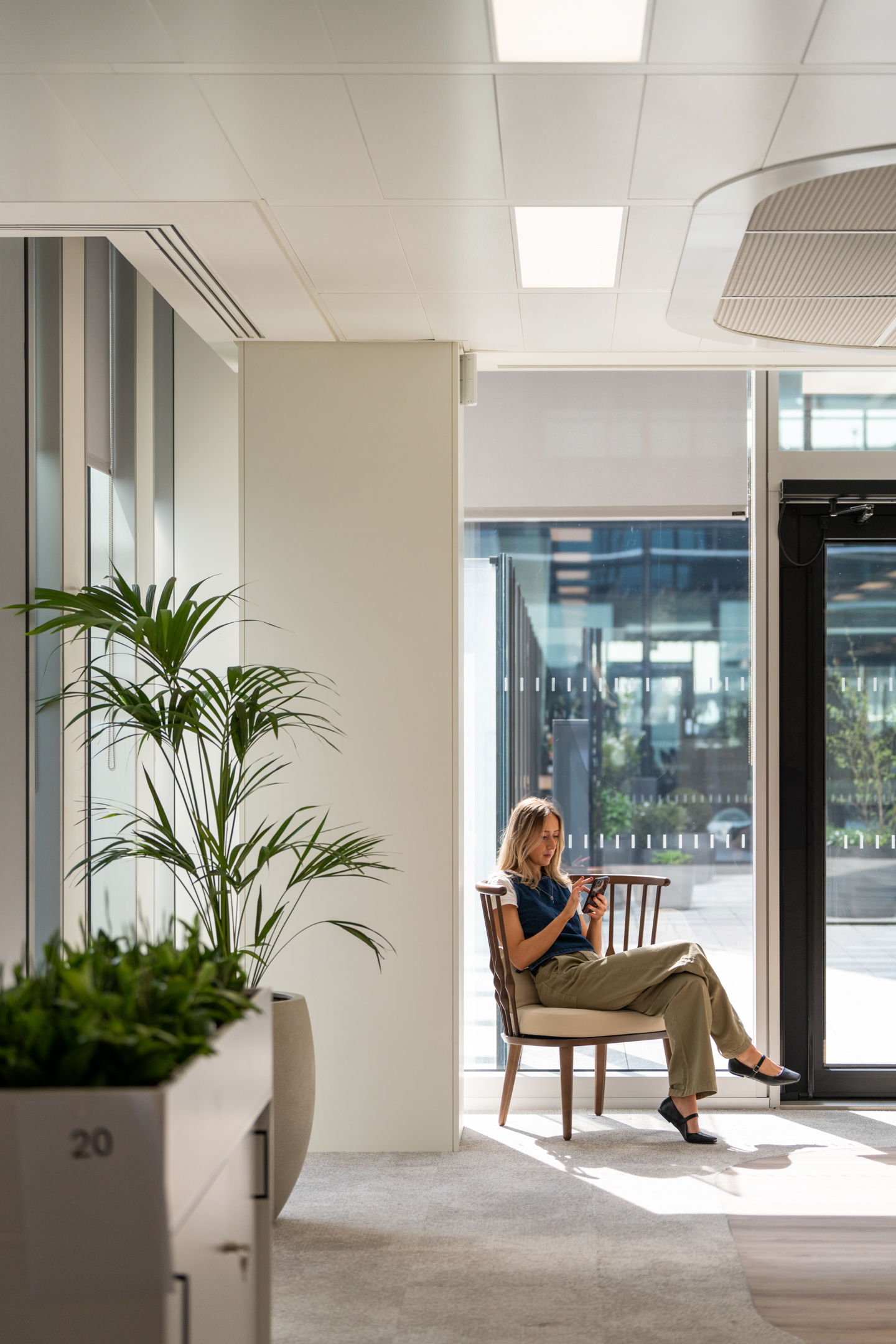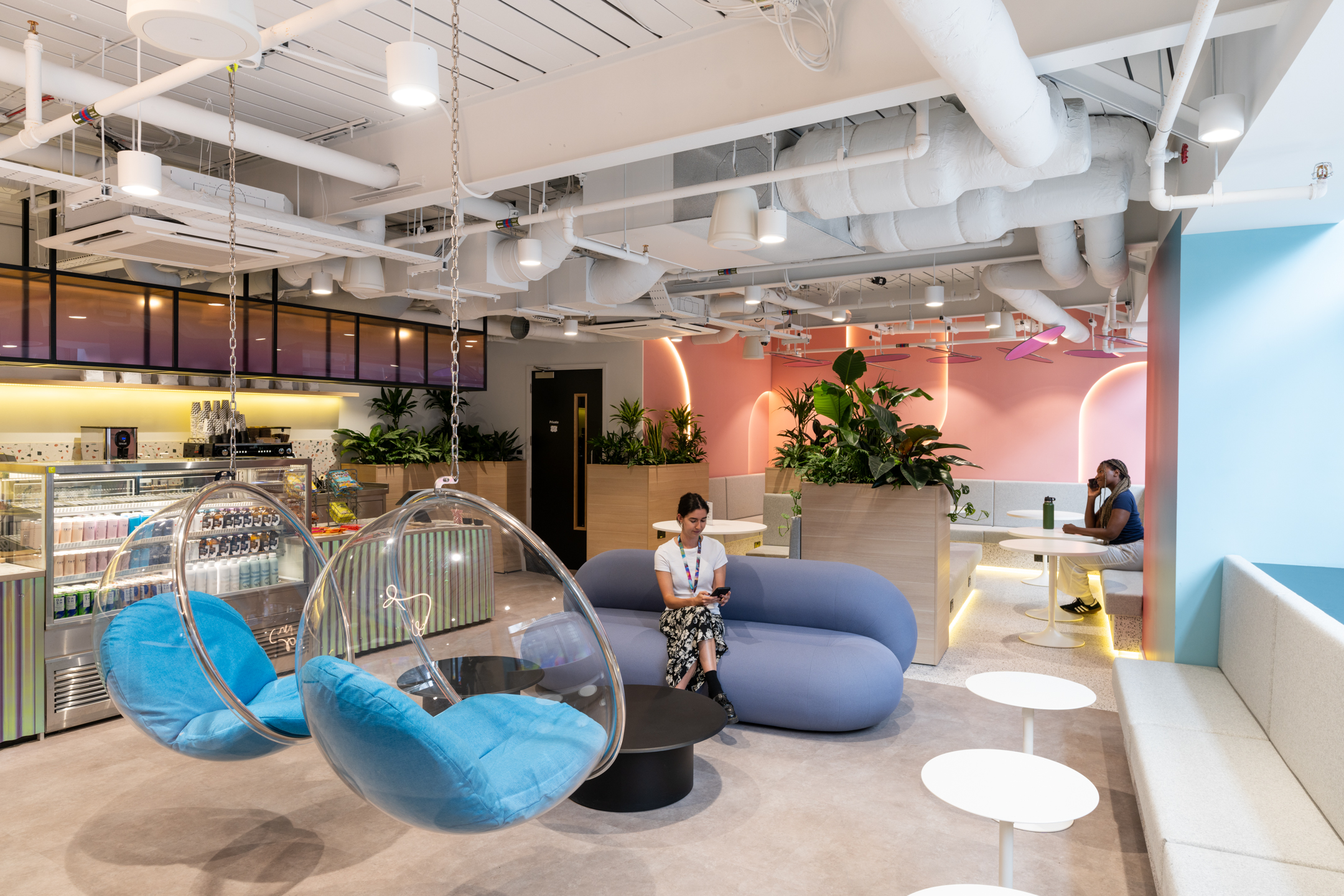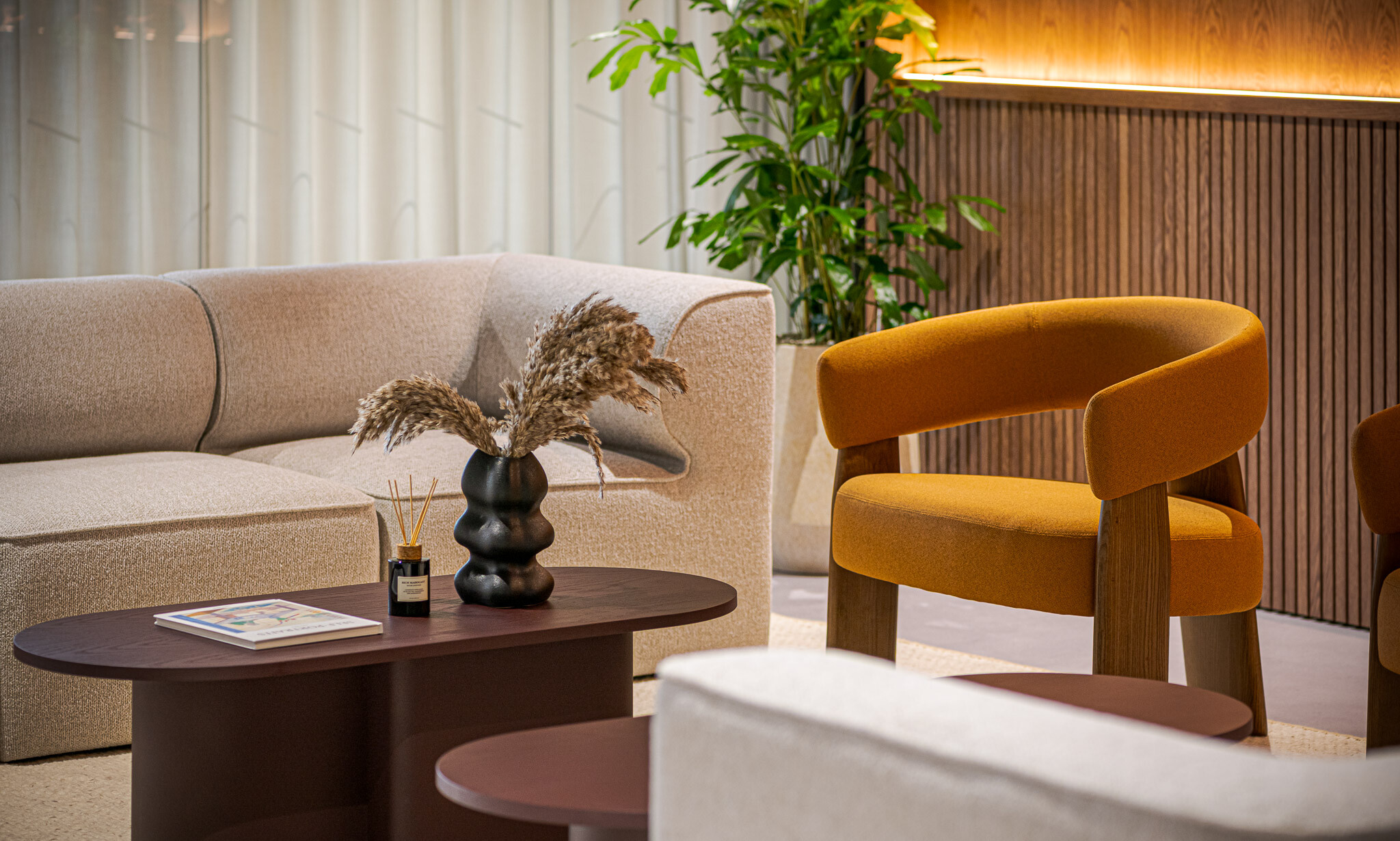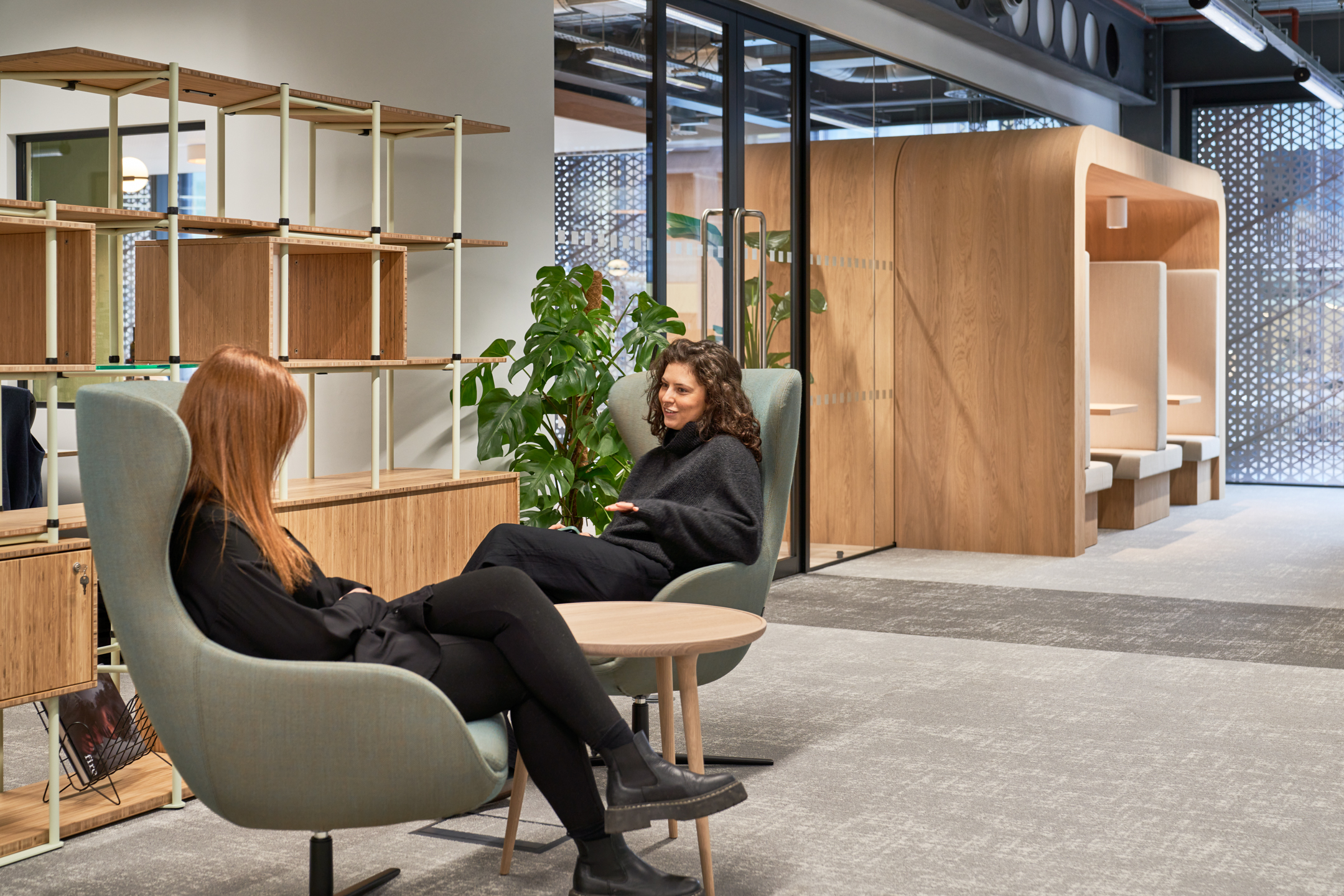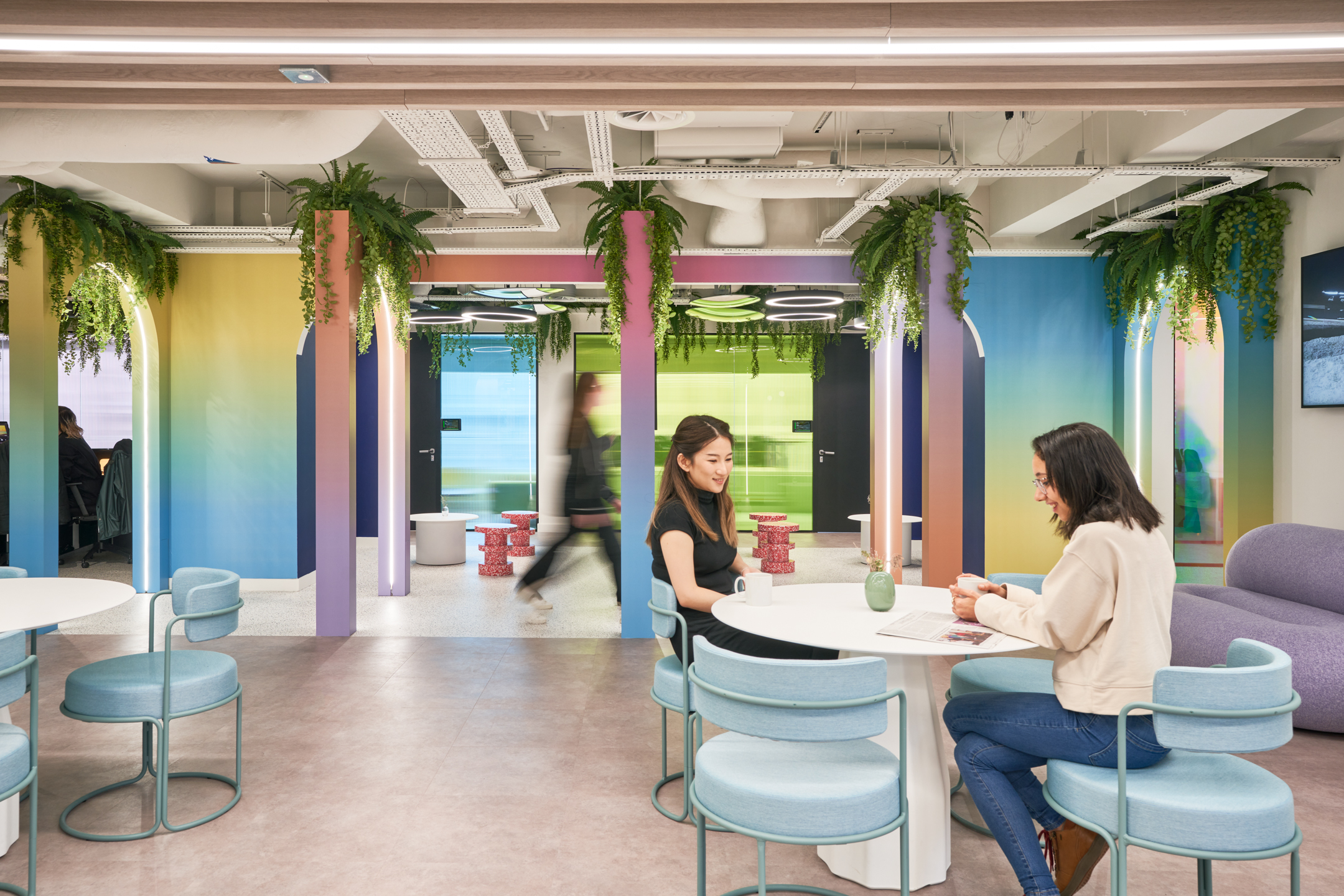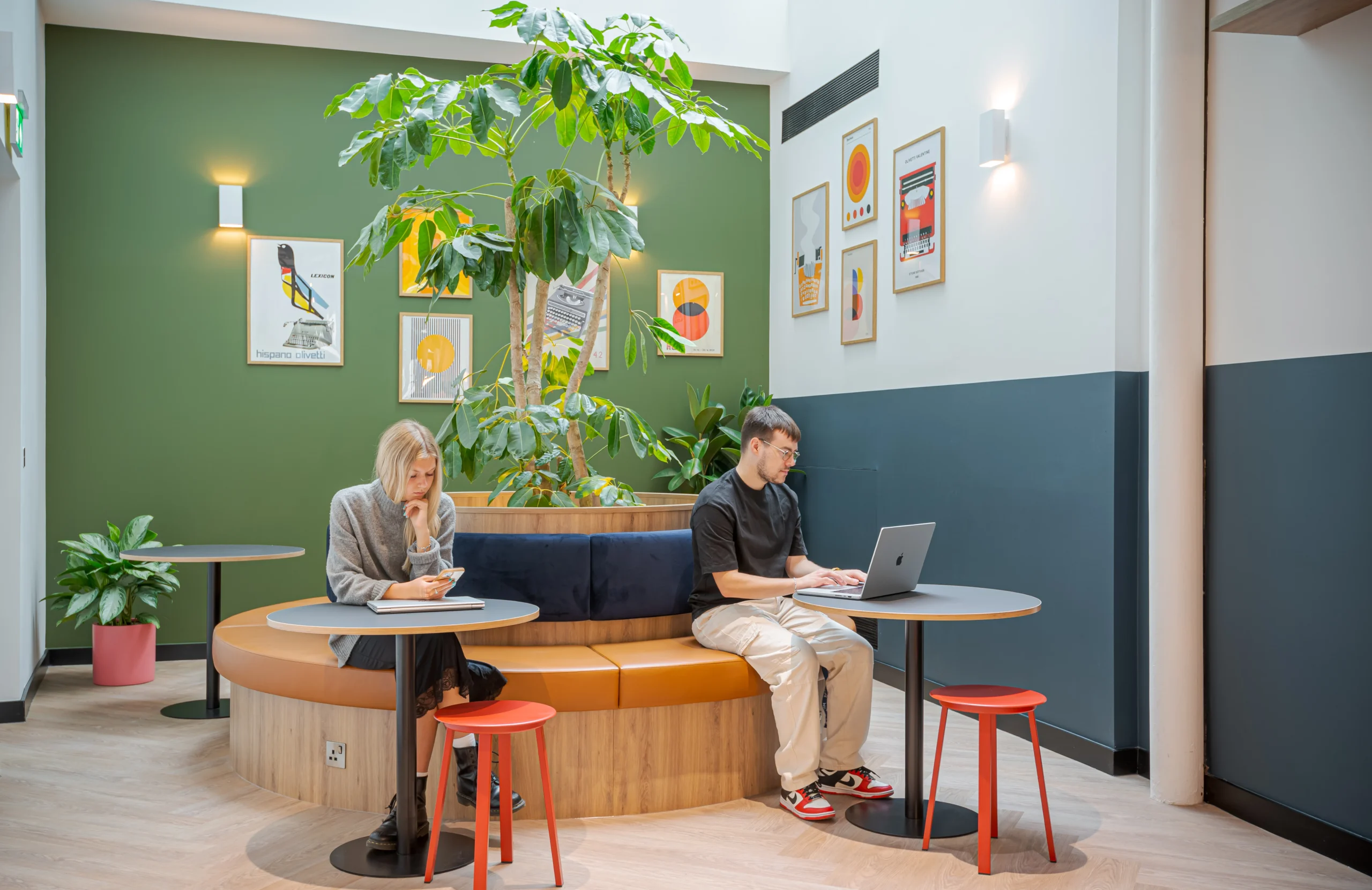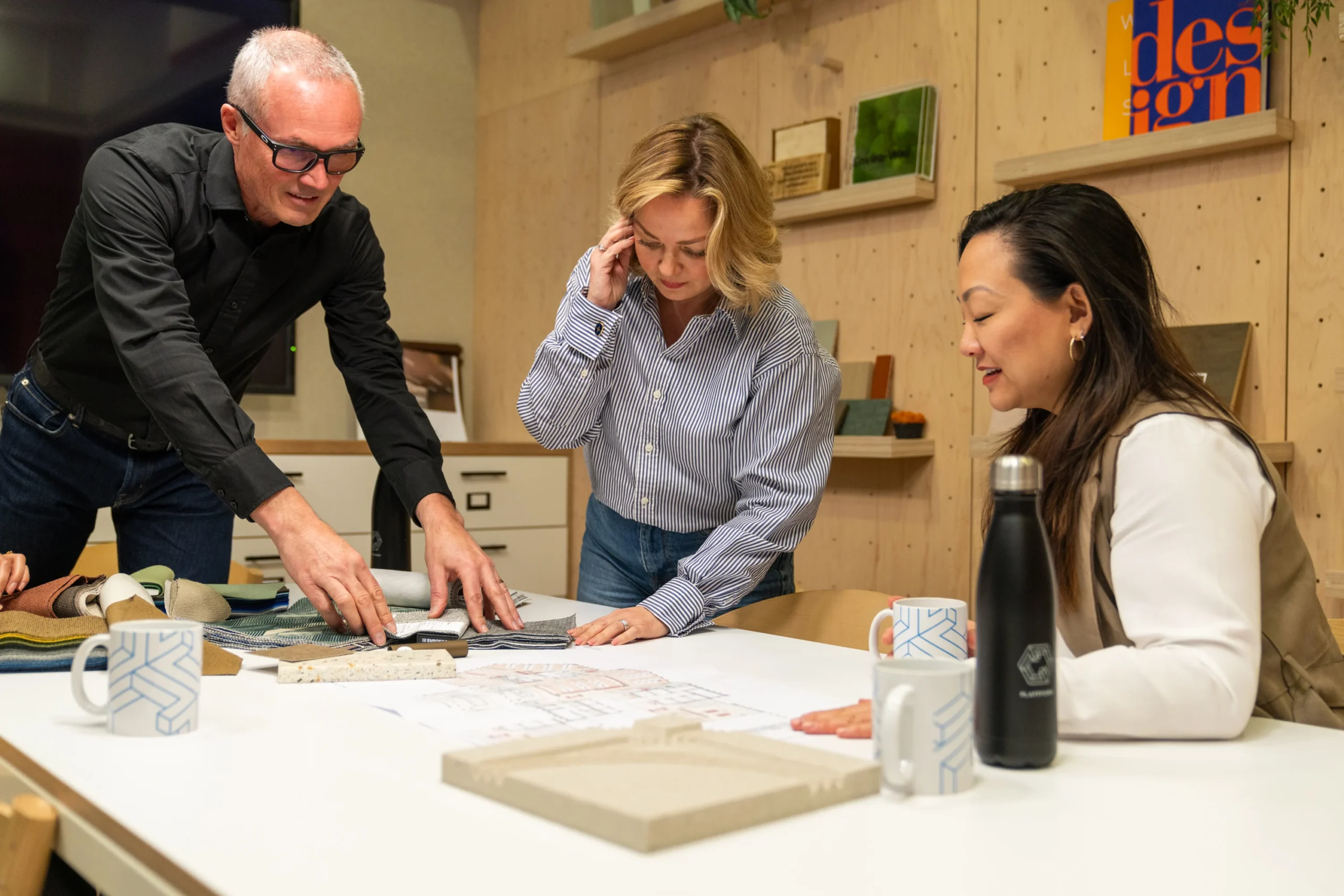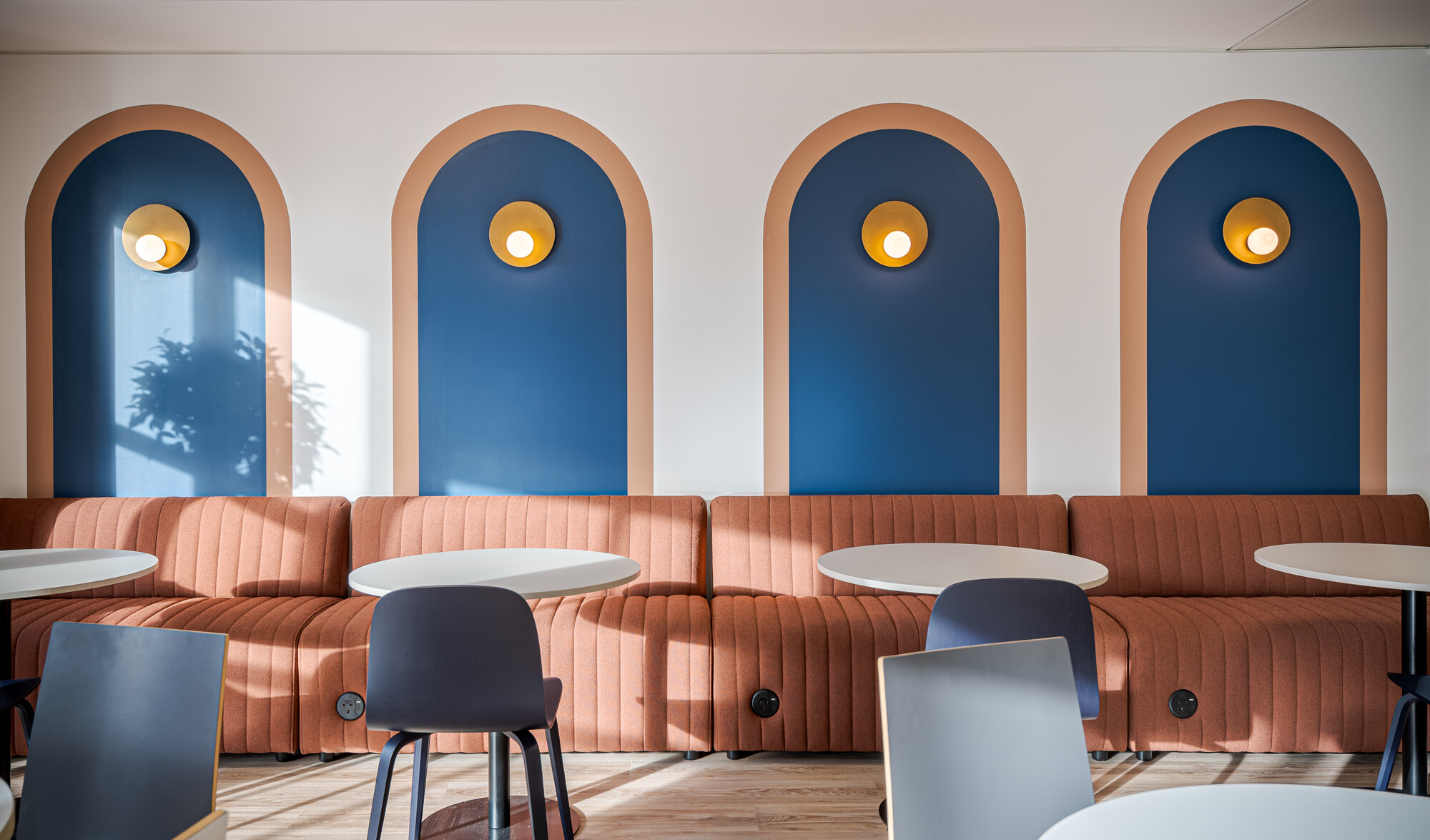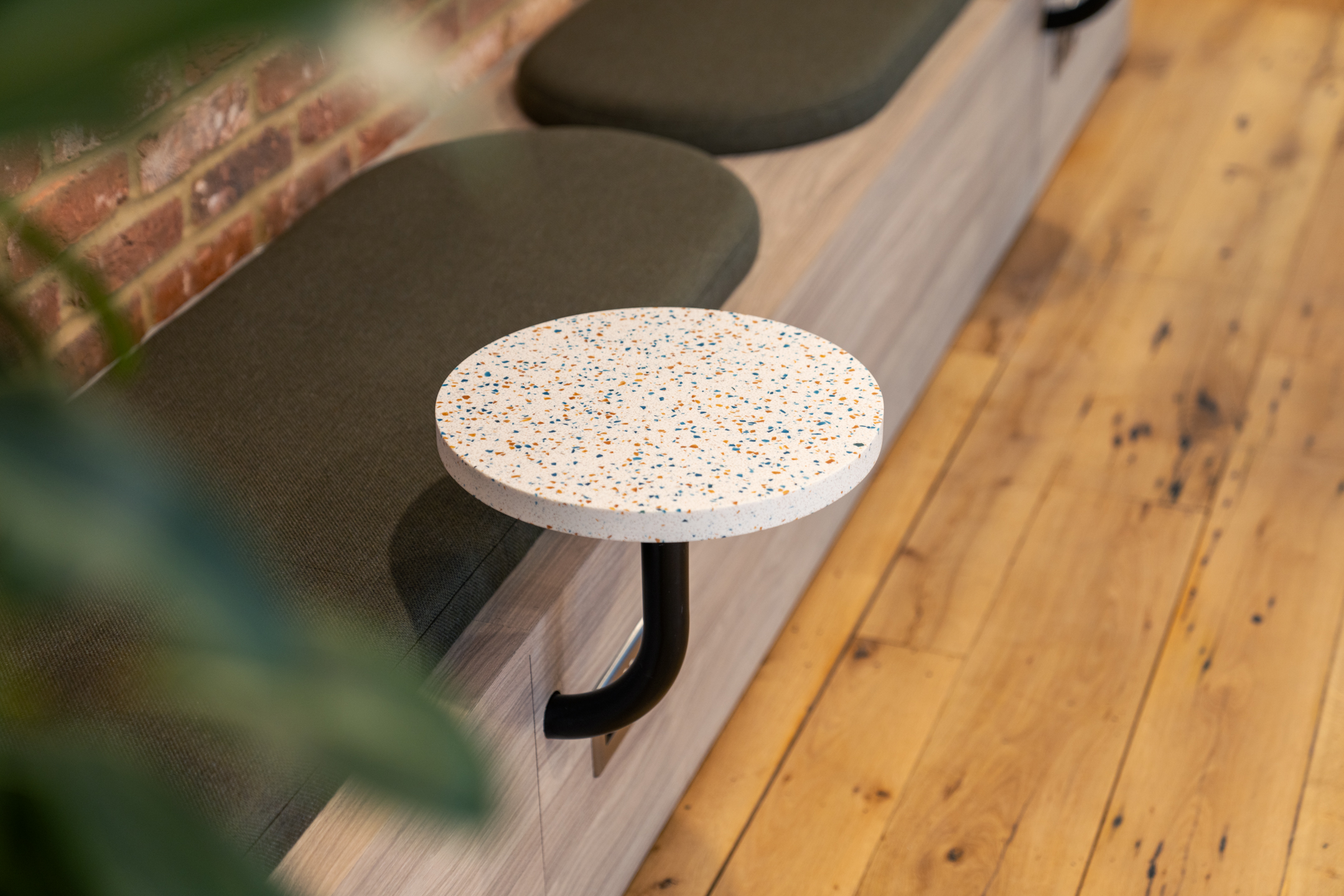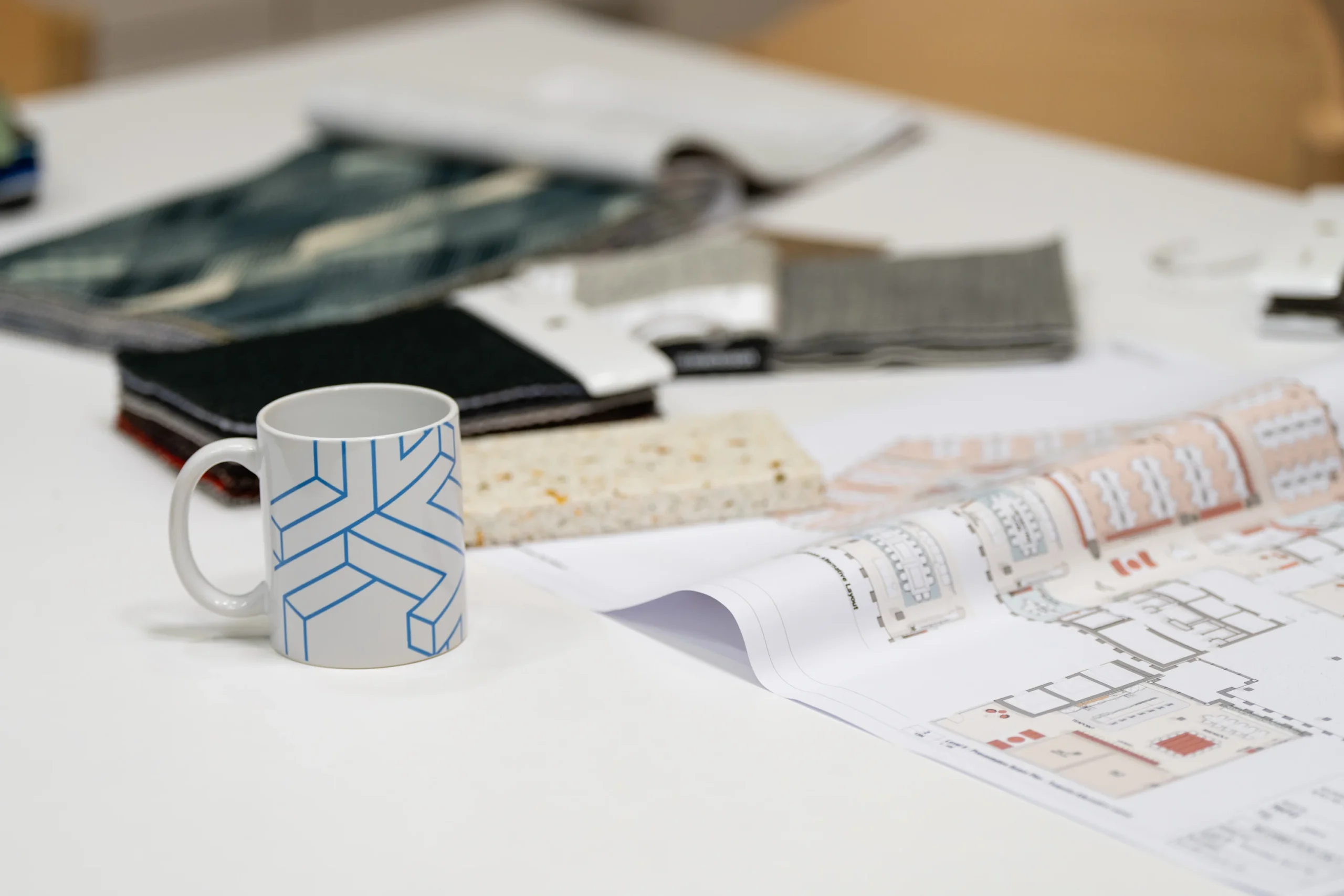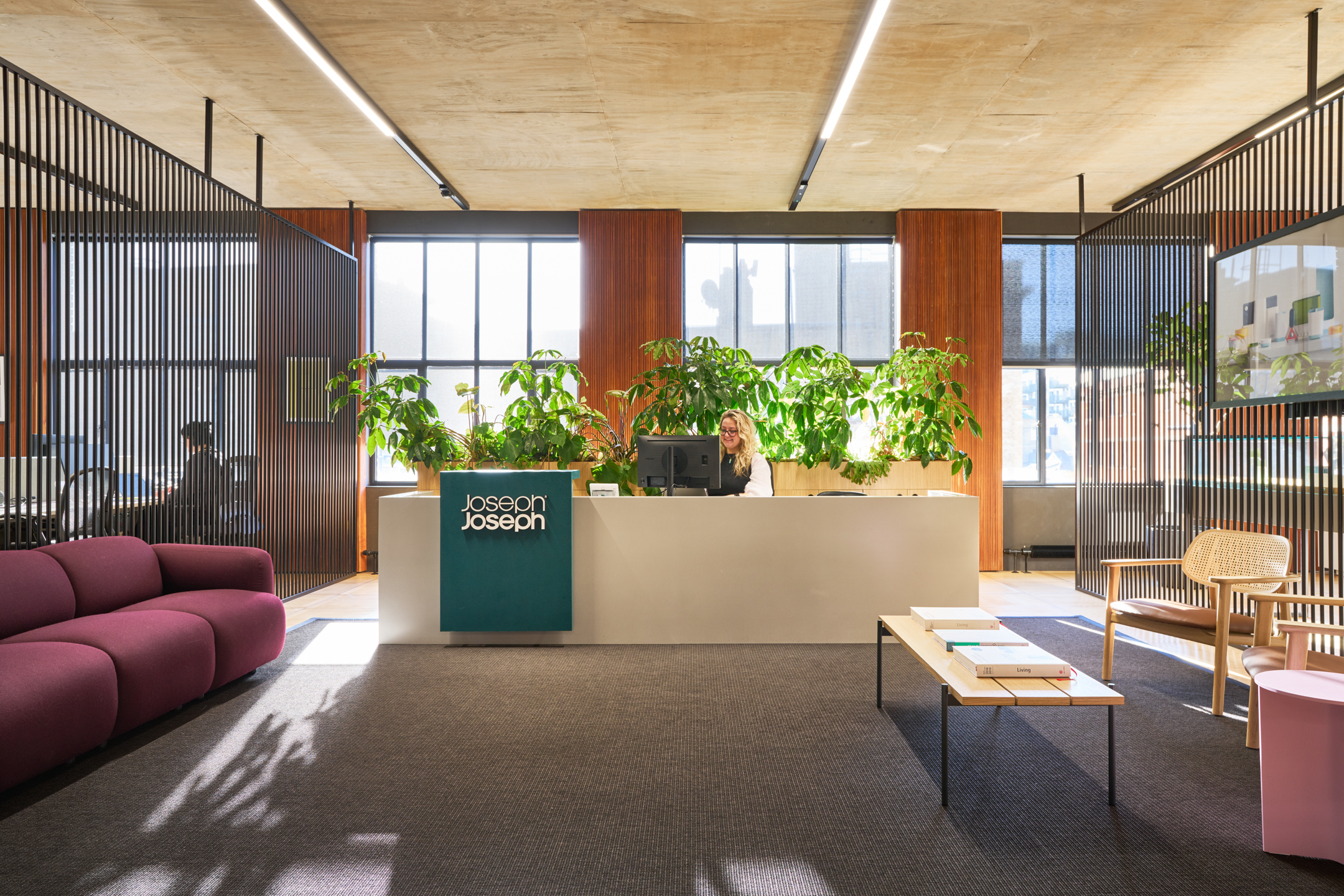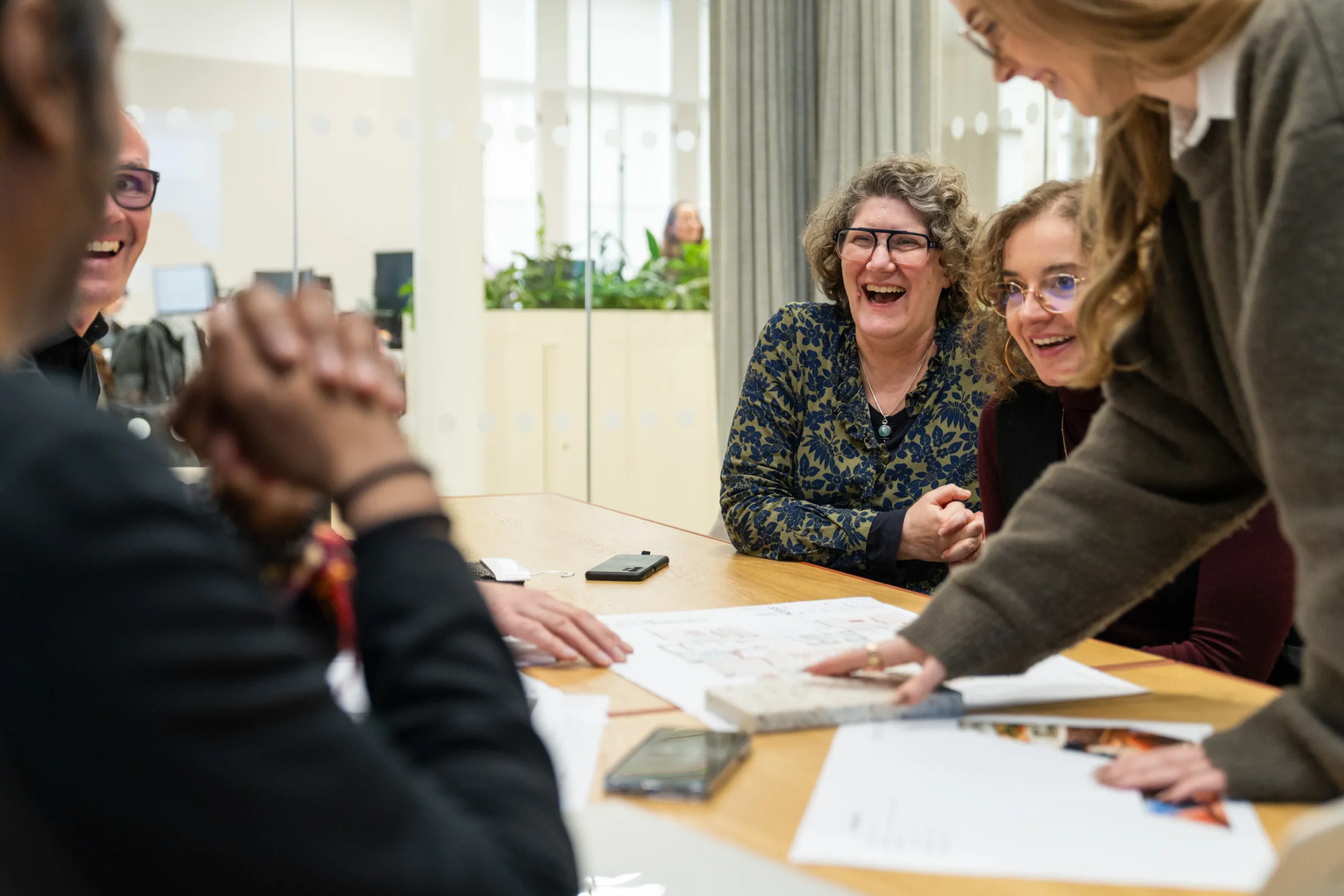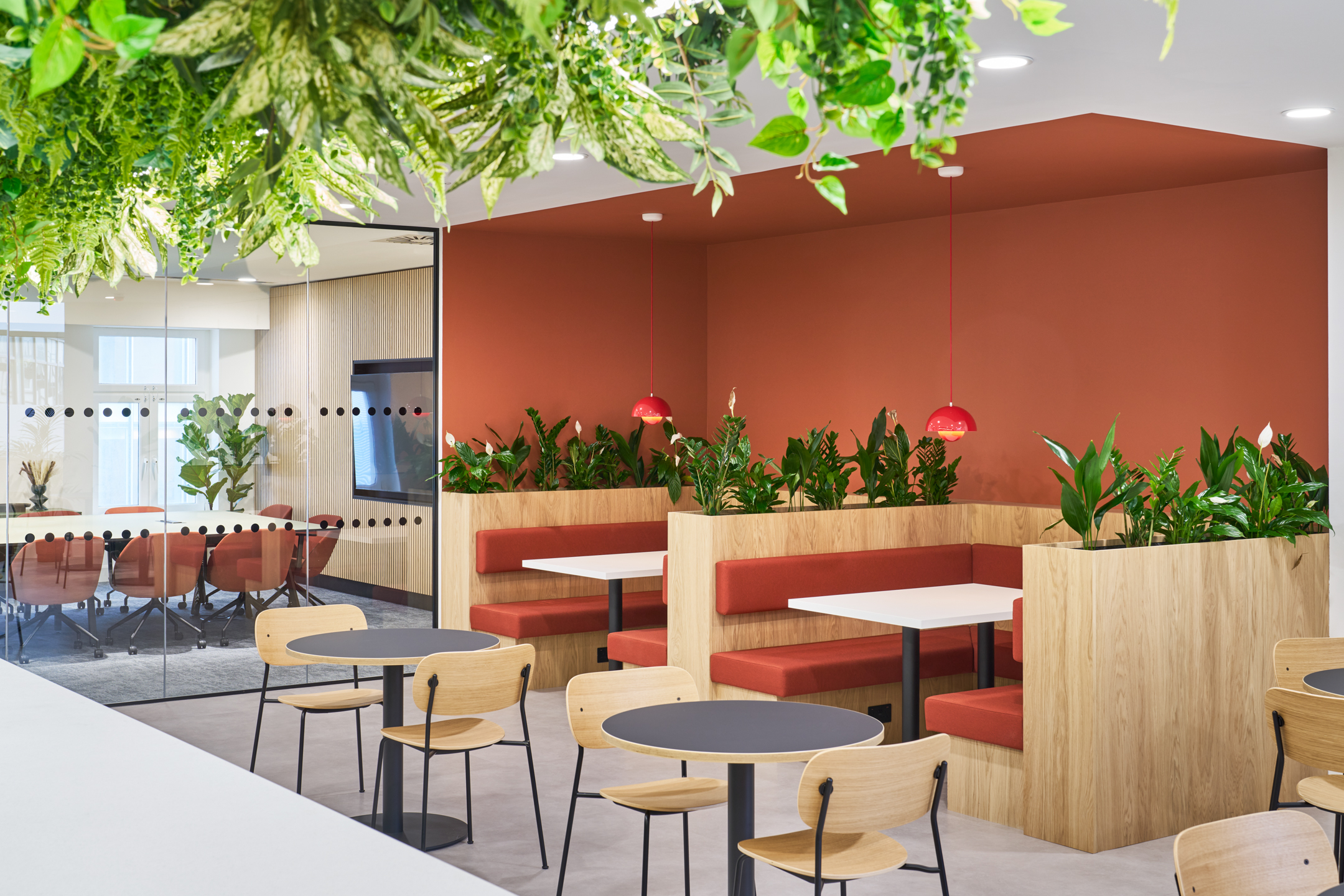Sustainability at Platfform
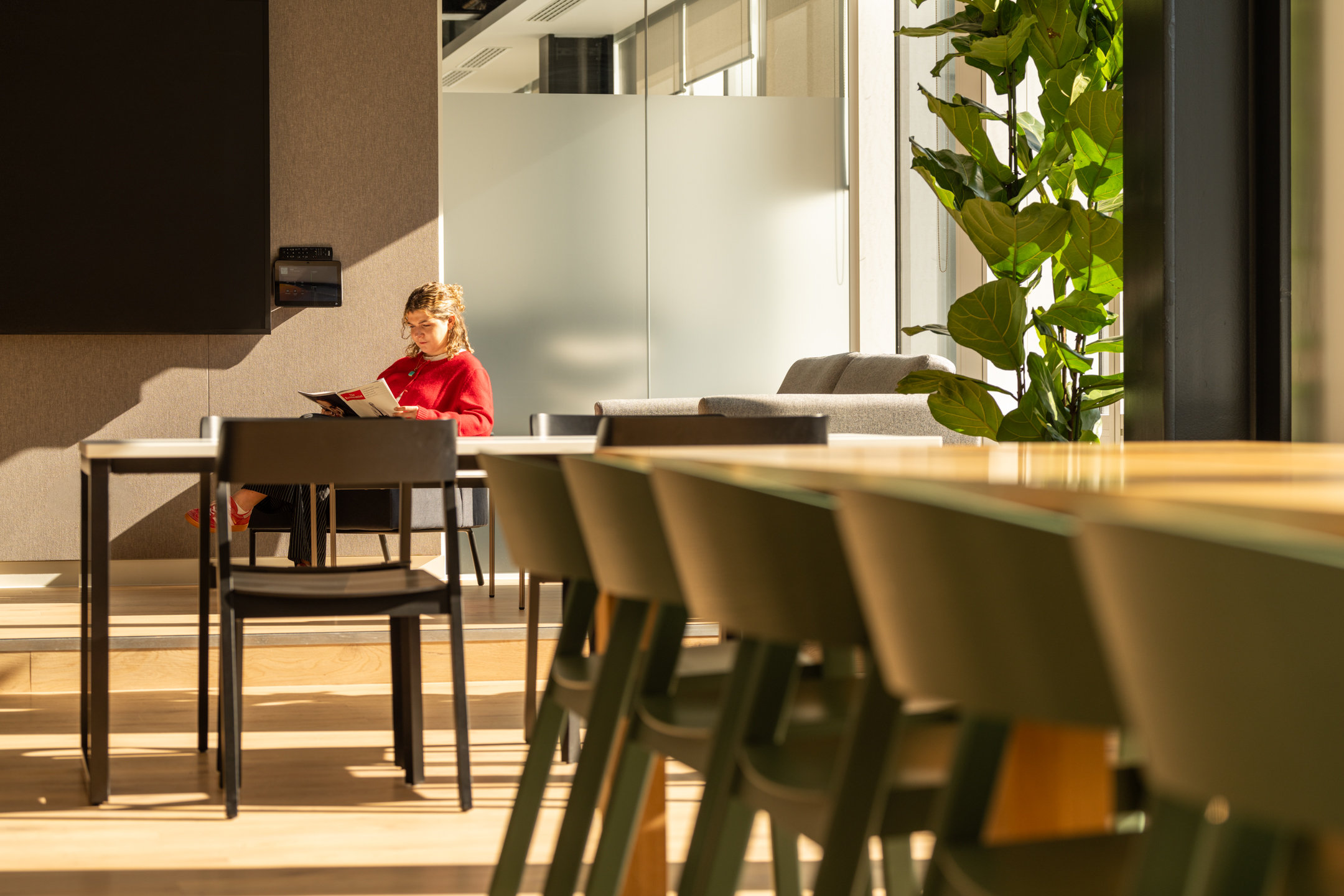
Why ESG Matters for a Furniture Consultancy Firm
Every decision we make has an impact, not just on our clients and employees, but on the environment. As a furniture consultancy, we take this responsibility seriously, ensuring that every supplier we work with meets strict sustainability criteria.
By partnering only with approved manufacturers who can demonstrate responsible sourcing, ethical production, and a commitment to reducing waste, we help businesses make informed, sustainable choices. Every piece of furniture we specify is carefully considered for its materials, lifecycle, and environmental footprint.
As the UK pushes towards its net-zero goal by 2050, the role of furniture in driving sustainable change has never been more critical. The furniture industry is a significant contributor to carbon emissions, deforestation, and landfill waste, making Environmental, Social, and Governance (ESG) principles essential for responsible business practices.
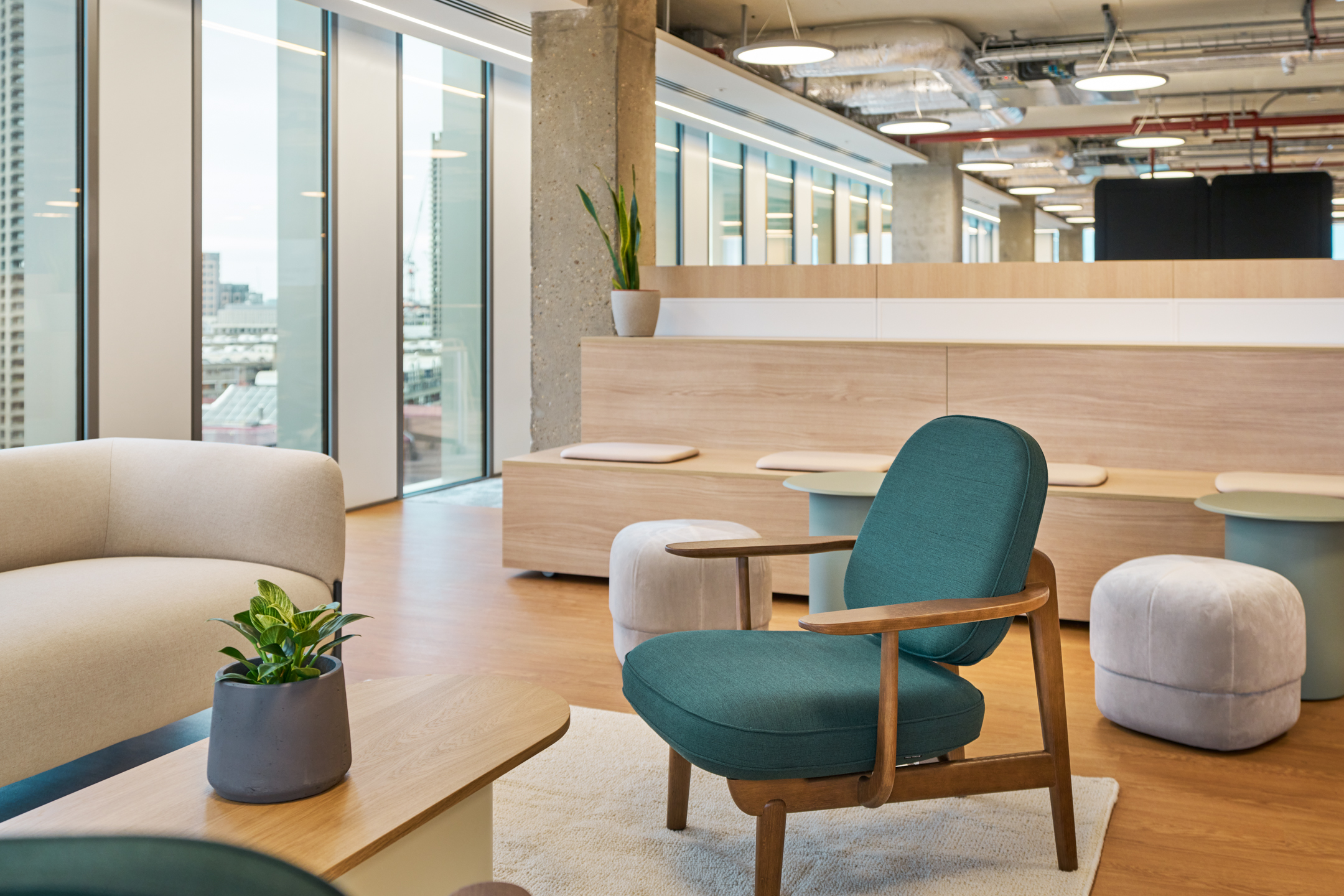
-
Furniture production and disposal have a huge environmental impact, from raw material extraction to manufacturing, transport, and end-of-life waste.
- Source responsibly – Ensuring materials come from sustainable forests, recycled sources, or low-carbon production methods.
- Reduce embodied carbon – Working with manufacturers who use energy-efficient production processes and sustainable logistics.
- Extend product lifecycles – Prioritising durable, repairable, and recyclable furniture over short-term solutions.
- Minimise landfill waste – Encouraging circular economy models, including take-back schemes, refurbishment, and second-life furniture.
-
Beyond sustainability, ESG in furniture also focuses on the people behind the products. Ethical sourcing ensures:
- Fair wages & safe working conditions – Avoiding suppliers linked to exploitative labour practices.
- Health-conscious designs – Recommending ergonomic, well-designed furniture that enhances workplace wellbeing.
- Inclusive & accessible solutions – Ensuring all furniture supports diverse needs, including neurodiverse and disabled users.
-
Strong governance ensures that sustainability claims are credible and verifiable. Clients expect transparency in supply chains, requiring us to:
- Work only with approved suppliers who can provide sustainability credentials.
- Verify third-party certifications such as FSC (responsible forestry), Cradle to Cradle (circularity), and ISO 14001 (environmental management).
Ensure compliance with evolving legislation on waste reduction, carbon reporting, and ethical procurement.
How we Support the UN Sustainable Development Goals
Aligning with the United Nations Sustainable Development Goals (SDGs) is more than a commitment, it’s a responsibility. The furniture industry has a major impact on carbon emissions, resource consumption, and social equity, making it essential for companies to adopt sustainable and ethical practices. We play a key role in supporting global sustainability efforts by carefully selecting suppliers, prioritising responsible sourcing, and promoting circular economy principles.
Here’s how we align with the UN SDGs:
